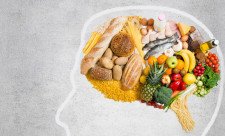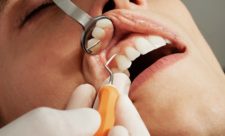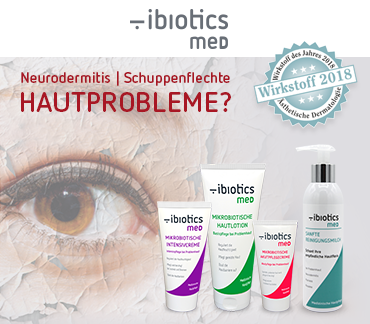
Recently, the Kaufmännische Krankenkasse (KKH) reported that compared to a decade ago physicians in Germany prescribed fewer antibiotics. On average, treatment rates had fallen by some 11 percent, with prescription to children and teenagers dropping even more significantly (toddlers: minus 30 percent).
This is a positive development. Only too often, antibiotics were prescribed even when not necessary. In some other countries, however, antibiotics (over)use continues to increase. Antibiotics may be important drugs in the fight against pathogens, i.e. infectious bacteria. Even though, they are again and again prescribed against viral infections, e.g. colds or influenza. And in these cases, antibiotics offer no benefit.
In addition, use of antibiotics may have side effects and negative consequences for your health. You will often find information that treatment may lead to diarrhea and other digestive or gastro-intestinal issues. The underlying finding, however, is: (broadband) antibiotics (anti = against, bio = life) do not only kill pathogenic bacteria, but also those which help us. And a vast majority of the bacteria in our bodies and on our skin have this beneficial effect, hence their importance four our health.
In addition, recent years have shown that as use of antibiotics increased, so did the prevalence of antibiotic resistance. Once a particular bacterium becomes resistant to an antibiotic, however, treating that infection with drugs becomes in the worst cases almost impossible.
A team of researchers headed by Professor Winfried Römer of the University of Freiburg recently examined a bacterium which developed this kind of resistance. In areas of skin damaged by injury, Pseudomonas aeruginosa can block cell regeneration, in this way slowing or completely stopping wound healing. This is caused by the protein lectin LecB which may have the same effect in other cell types such as immune cells, promote further damage of tissue, and facilitate the spread of bacteria. Other researchers are currently exploring how combining antibiotics with other agents may offer a path to dealing with resistances (cf. http://www.gesunde-bakterien.de/en/remedy-against-antibiotic-resistant-bacteria/).
This research is crucial to for our ability to handle antibiotic resistance. Avoiding antibiotic resistances is at least just as important. The drop in antibiotic prescriptions described above may contribute to doing so.
Sources:
https://idw-online.de/de/news727230
Dieser Post ist auch verfügbar auf: German

 11. Dec 2019
11. Dec 2019 Popular
Popular Recent
Recent Comments
Comments












